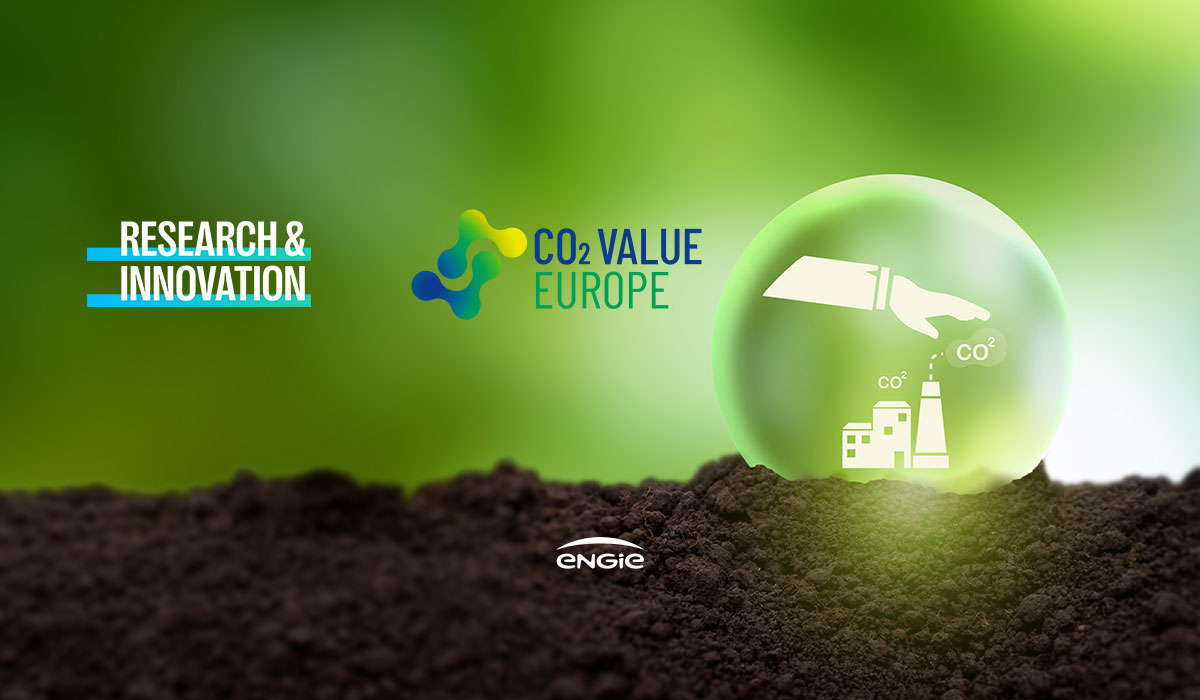
CCU is a broad term that covers processes that capture CO2 from flue and process gases or directly from water and air and convert it into a variety of products such as renewable fuels, chemicals, and materials.
Last year, the United Nation’s Intergovernmental Panel on Climate Change (IPCC) Assessment Report mentioned for the first time CCU as a solution to decrease net CO2 emissions, as well as a necessary technology to move away from fossil carbon by using CO2 as an alternative feedstock for the production of renewable chemicals and fuels. However, the actual impact of the CCU concept is difficult to assess, because it is highly technological and context-dependent and this can involve controversial discussions.
This paper, led by Jan Merten, Chief Science Officer with the contribution of Jim Gripekoven clarifies some of the myths related to CO2 utilisation and highlights some important facts about CCU technologies with a focus on synthetic fuels which refers to creating fuels from renewable energy, water and carbon dioxide. These myths also exist at the level of public opinion and influence the general socio-political acceptance of CCU technologies.
Everything at the surface of the Earth is made out of carbon, so the cause of climate change is not the carbon itself, it is the fact that human activities have injected massive amounts of fossil carbon into the atmosphere. The negative connotation that carbon and CO2 receive today needs to be reversed and important efforts should be carried out to “defossilise” rather than “decarbonise” our economy, and to find alternative carbon feedstock by creating a circular carbon economy based on the utilisation of CO2.
Many CCU technologies are already mature enough to be deployed and have the potential to reduce net CO2 emissions in gigatons equivalence CO2 emissions. Unlike other options, CCU technologies provide drop-in fuel solutions which can be introduced in existing markets without significant modifications of infrastructures. CCU technologies have the potential to provide solutions to hard to-abate sectors and to generate revenues through the production of marketable products. Moreover, CCU can help achieve energy sovereignty and reduce dependence on fossil-based fuel energy. The deployment of CCU technologies offers circular economic solutions for climate neutrality, via direct and indirect carbon savings in anufactured products which can store carbon for periods considered permanent, or which can be recycled without stored carbon being lost. The wider integration of CCU-based manufactured processes has the potential to significantly contribute to the low-carbon economy and a consequent improvement in environment, climate and human health that can be quantified via full Life Cycle (LCA) and environmental impact assessments.
E-Molecules(e.g. e-methane, e-methanol) made from renewable energy will be crucial in the energy transition towards carbon neutrality, in particular for long-term energy storage, long-distance energy transport and for processes that are hard to electrify in industry or long-distance marine and aviation transportation. Many current CCU projects reveal that an economically positive business case allowing the production of materials or synthetic fuels that can compete with their fossil alternative is difficult today. Incentives and/or taxes are required for most e-molecule production to bridge the gap with their fossil alternative. However, concepts like the social cost of carbon or even the mortality cost of carbon are gaining traction and show that if we take the damage of climate change fully into account, CCU will be cost-effective.
About CO2 Value Europe : international non-profit association representing the CCU community in Europe and beyond with a mission to promote the development of a circular carbon economy based on CO2 to reduce greenhouse gas emissions and to move away from fossil. Its Scientific Advisory Committee comprises scientists covering a wide range of expertise related to CCU and ensures that the association’s messages and activities are based on solid and objective scientific evidence. CO₂Value.eu